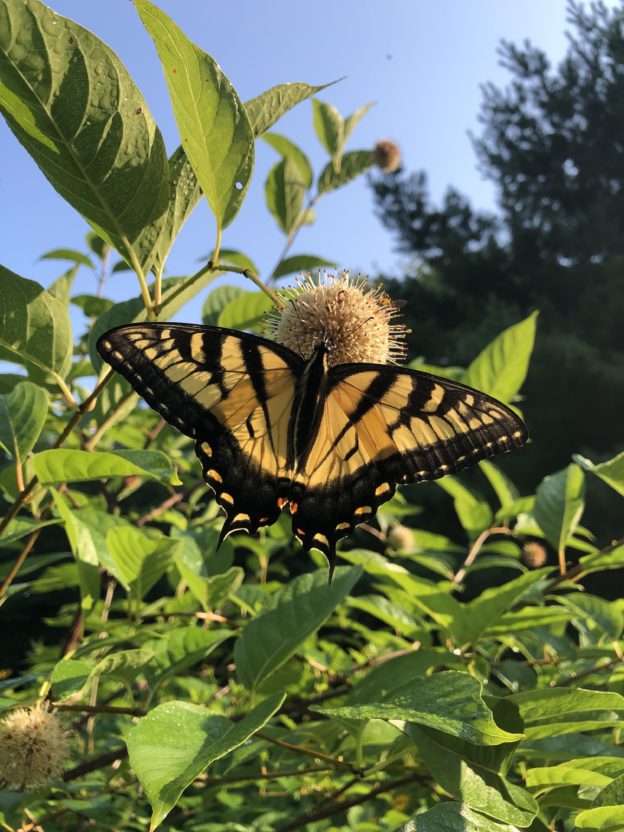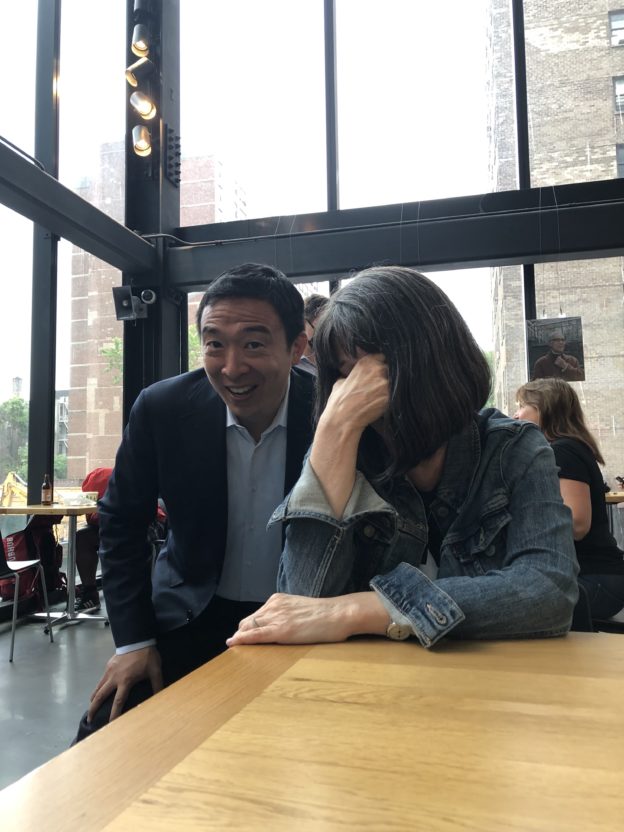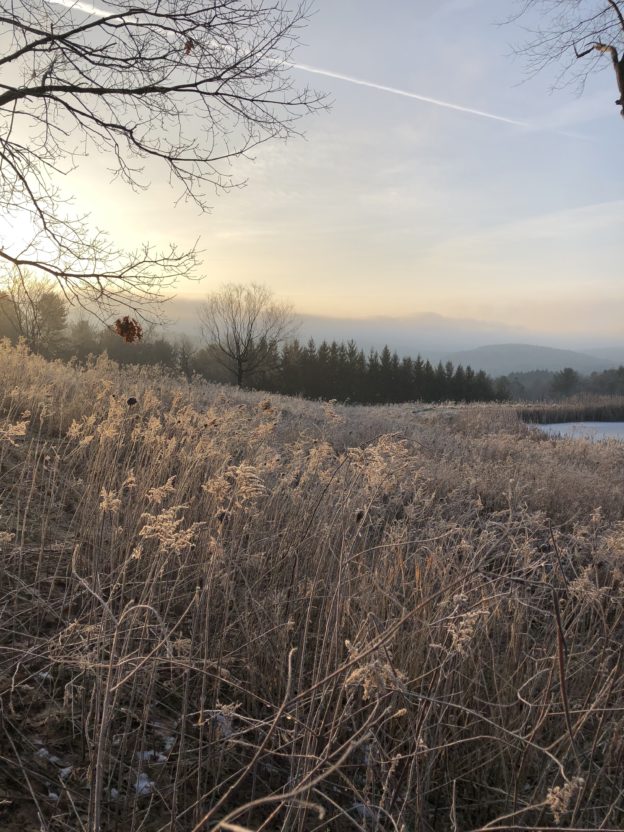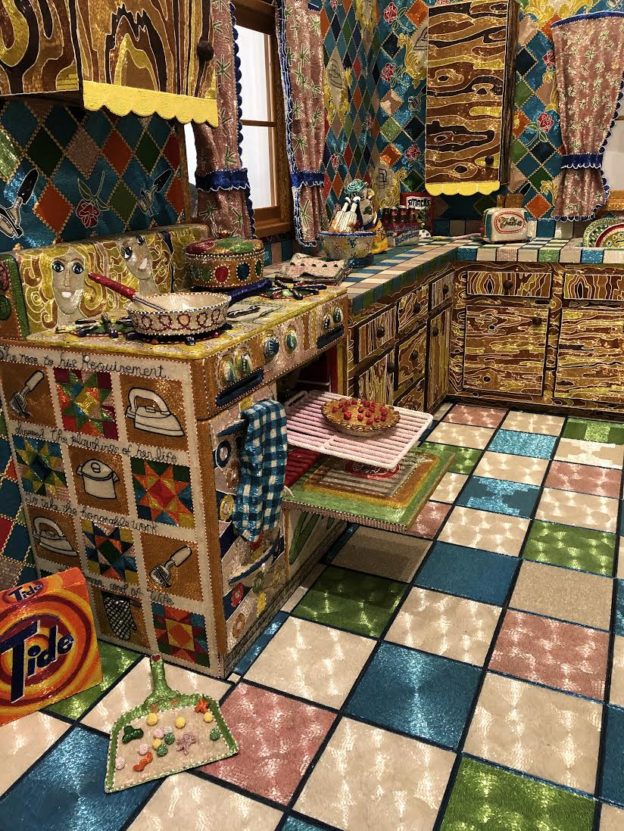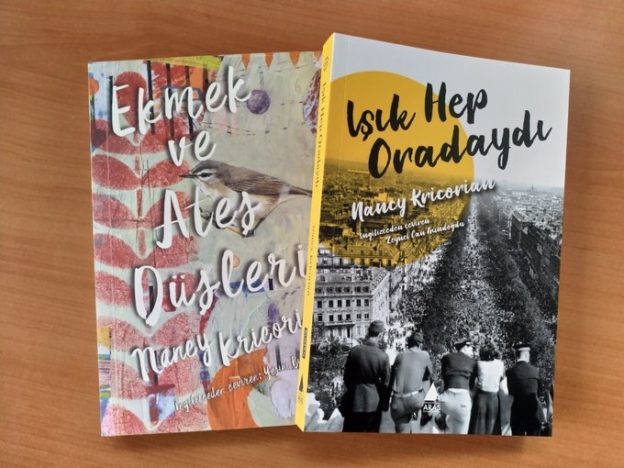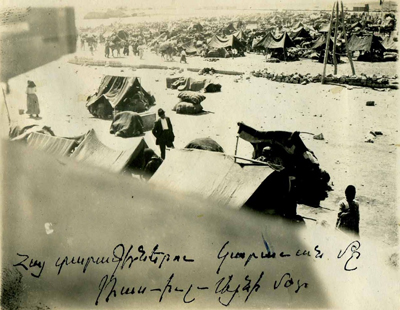Going to Dover
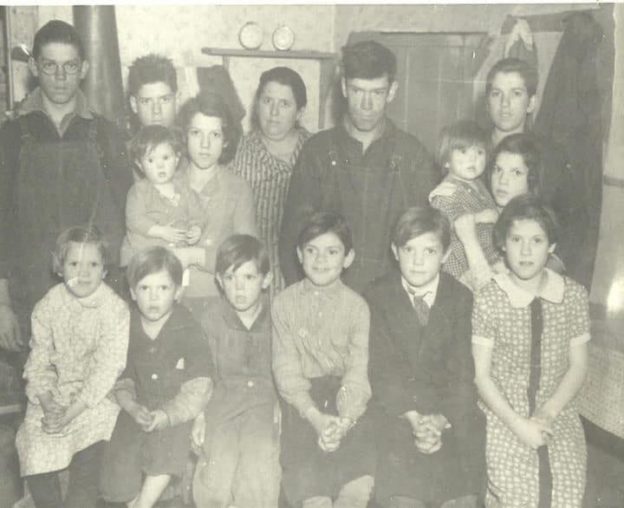
My mother Irene Gelinas Kricorian was one of the youngest in a French-Canadian family with seventeen children living on a farm in Hooksett, New Hampshire. Her mother died when my mother was four years old, and when my mother was eight, her father was declared unfit by the state and she and her sisters Priscilla and Eleanor were removed from the family farm and sent to the Dover Children’s Home where they spent the next six years.
My mother has talked about the orphanage in Dover since I can remember. Her stories were sometimes comical and sometimes terrifying, and I grew up fascinated by the whole idea of orphans and orphanages. Intermittently since the late 1970’s she has been writing about that time, as well as interviewing family members, and collecting related documents. There are still many unanswered questions about her childhood experience and her family’s history.
On March first, my mother and I drove from Watertown to Durham to see the Dover Children’s Home Papers at the University of New Hampshire Library. In the special collections room, we opened the Gelinas Family file hoping for details about the court hearing that had resulted in the children’s removal. But the file was slim—there were five letters relating to the sisters’ arrival in November 1944 and later medical treatments for childhood ailments. We also looked over dining room menus, clothing requisition forms, and other administrative documents. There was a hand-written logbook with the names and photographs of each child and their date of arrival, but these entries ended a year before my mother and her sisters were brought to Dover.
After we finished at the library, we drove from Durham to Dover, parking the car outside the Children’s Home. It is no longer an orphanage, but functions as a non-residential treatment program for at-risk youth. We were told that therapy sessions were in progress so we couldn’t go inside. We walked around the yard, and my mother described the games they used to play as children and pointed at the windows of the dormitory rooms where she and her sisters had slept.
We then headed to our Airbnb rental, where I carried my mother’s suitcase up a steep flight of stairs to the bedroom. As I started down the steps holding onto the baluster I thought, “These stairs are going to be hard for my mother.” Just then my right foot slipped on a tread, and I landed with all my weight on my foot two treads below. The pain was searing, and I later found out that I had badly fractured my ankle in three places.
The continuing misadventure involved an ambulance trip to the emergency room, an overnight stay at a Portsmouth hotel, and a team effort by my devoted and capable spouse and two grown kids to get my mother back to Watertown, me back to New York City, and the car I could no longer drive from Dover to Manhattan. Once back in the city, I saw an orthopedist, who operated on my ankle the following Thursday. I’m currently getting around on crutches and a snazzy red knee scooter. The recovery is expected to take at least another two months.
Given my current mobility issues, we decided to hire a local genealogist to locate the court records for the 1944 hearing that resulted in my mother and her sisters’ years in Dover. This is information that my mother has wanted for at least thirty-five years.
Nancy Kricorian
New York City
April 7, 2022


